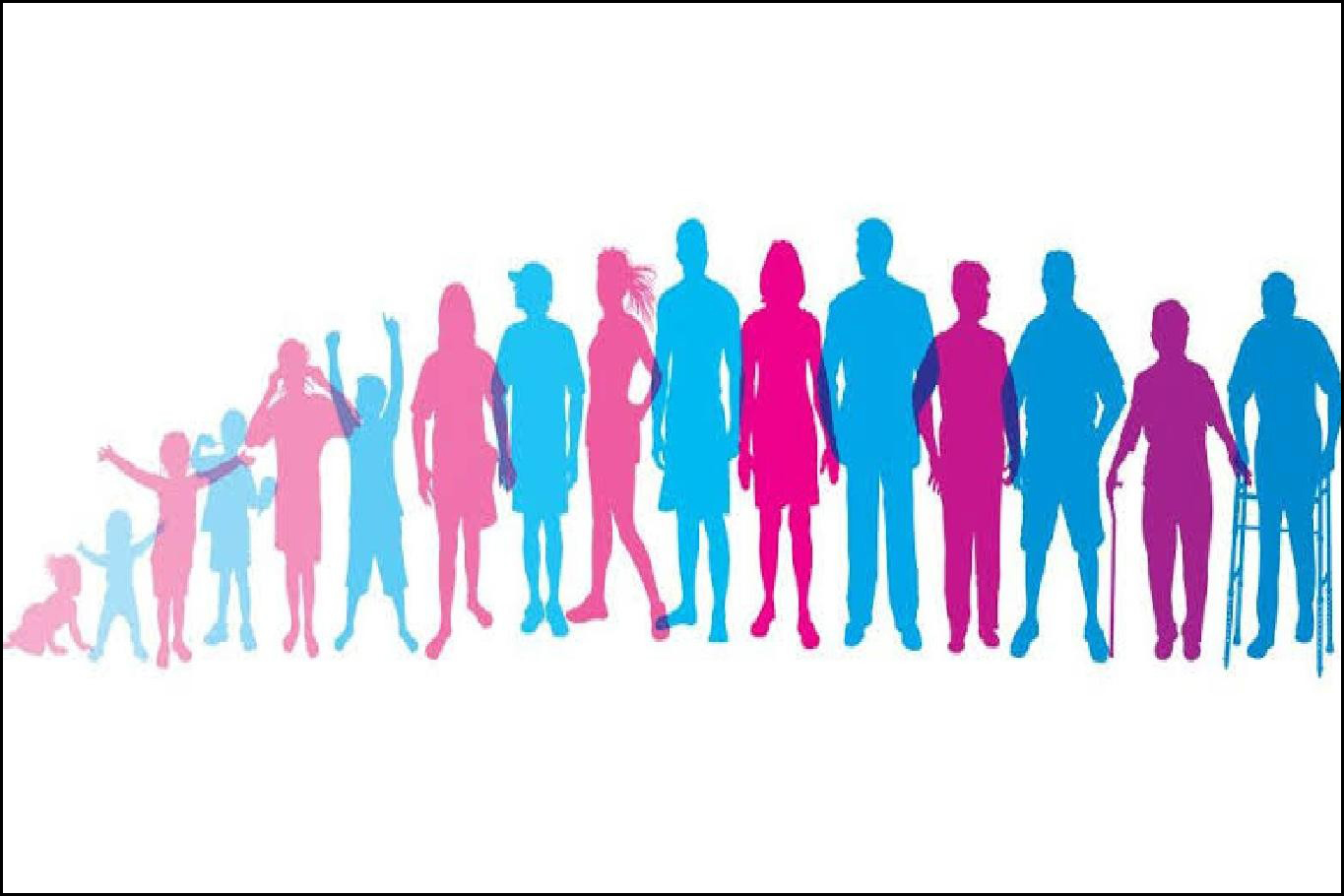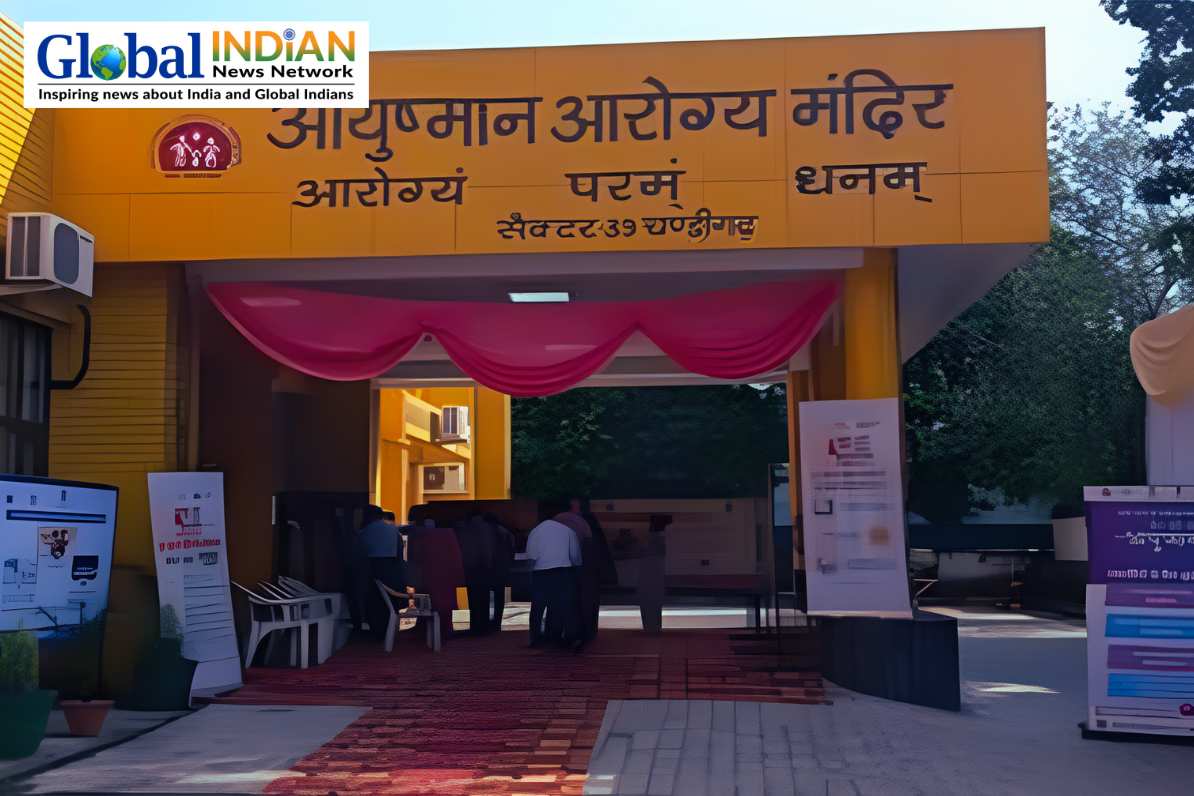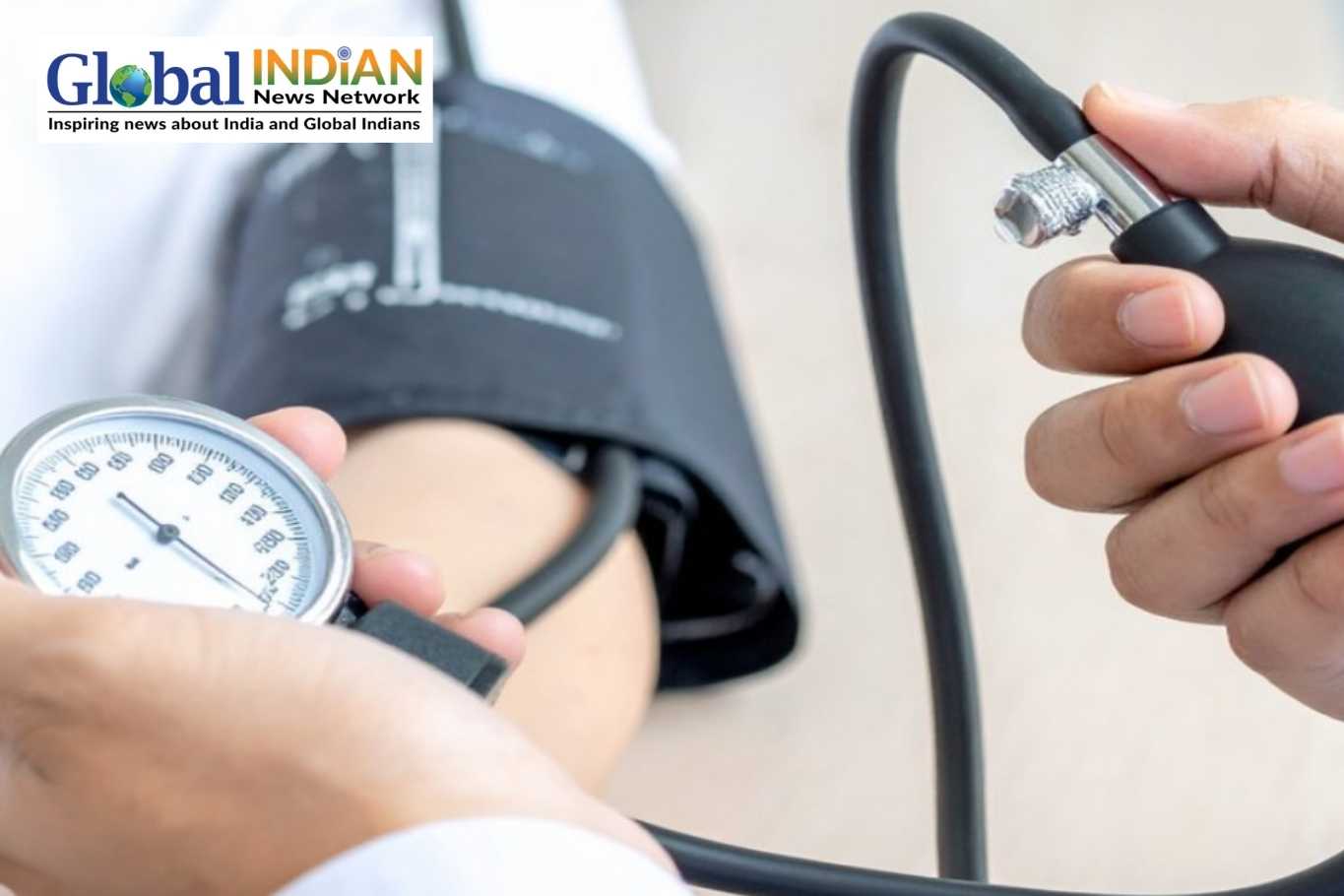
A recent study has revealed that significant strides in combating various diseases have led to a notable increase of 6.2 years in global life expectancy since 1990. Researchers observed consistent advancements throughout each decade from 1990 to 2019, resulting in an overall gain of 7.8 years. The most substantial contribution came from the treatment of infectious intestinal diseases, which added 1.1 years to the global life expectancy during the study period.
Progress in treating lower respiratory infections also played a significant role, contributing 0.9 years to the gained life expectancy. Additionally, reductions in mortality from stroke, neonatal complications, and chronic respiratory diseases further contributed to the increase, adding 0.6 to 0.8 years to global life expectancy annually. However, the study, published in Lancet, noted a setback during 2019-2021 due to deaths from COVID-19 and other pandemic-related mortalities, resulting in a reduction in life expectancy by 2.2 years.
Despite this setback, the Southeast Asia, East Asia, and Oceania region witnessed a net increase of 8.3 years during 1990-2021, with the recent COVID-19 pandemic causing only a marginal decrease of 0.4 years in life expectancy there. Notably, reduced mortality from chronic respiratory diseases and various infections contributed significantly to this gain.
Similarly, the South Asia region, including India, Bhutan, Bangladesh, Nepal, and Pakistan, experienced a life expectancy increase of 7.8 years, primarily attributed to the successful fight against enteric infectious diseases like diarrhea and typhoid. However, the burden of these diseases remains disproportionately high in Sub-Saharan Africa and South Asia, underscoring the need for targeted interventions in these regions.
Moreover, the study highlighted disparities in addressing existing killers such as heart disease, stroke, and cancer, with high-income countries making significant progress compared to many low-income nations. This emphasizes the urgency of enhancing healthcare access and resources in resource-limited settings to ensure equitable access to life-saving medical advancements for all individuals worldwide.












1 Comment
Great read! I appreciate the effort you put into researching this.